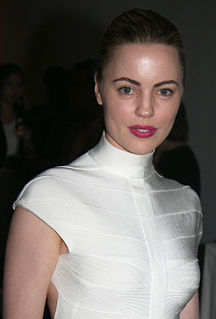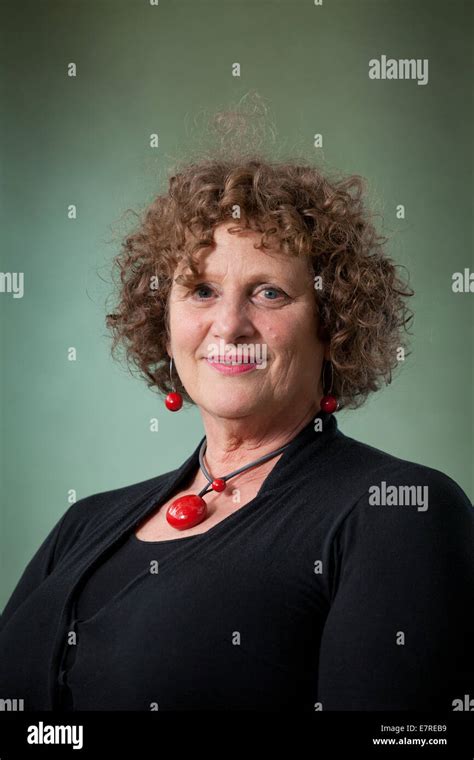A Quote by Jerry Spinelli
I love surprises! That's what is great about reading. When you open a book, you never know what you'll find.
Related Quotes
I sometimes think about that, when I finish in something big I find it even hard, I feel like I lose an actual noticeable percentage of my reading time. Even on the reader end I find it so hard when a book that I love so much ends, to find the kindness to enter into a new one. Do you know what I'm saying? To find my way in, I feel like even there's that space after. I just love inhabiting a book that hits right.
You never know what you're in for when you take a role. When you're reading the script, you're in some café in New York and you're loving life and it sounds great because it's like reading a book. When you step into that book and you actually have to play it out, for real, it's a totally different ball game.
In reading Chesterton, as in reading MacDonald, I did not know what I was letting myself in for. A young man who wishes to remain a sound Atheist cannot be too careful of his reading. There are traps everywhere — "Bibles laid open, millions of surprises," as Herbert says, "fine nets and stratagems." God is, if I may say it, very unscrupulous.
But, in the end, the books that surround me are the books that made me, through my reading (and misreading) of them; they fall in piles on my desk, they stack behind me on my shelves, they surprise me every time I look for one and find ten more I had forgotten about. I love their covers, their weight and their substance. And like the child I was, with the key to the world that reading gave me, it is still exciting for me to find a new book, open it at the first page and plunge in, head first, heart deep.
I feel lucky that I read so many books as a kid because I know that no matter how much I appreciate a book now, and I can love a book very much, it's never going to be that childhood passion for a book. There's some element, something special about the way they're reading books and experiencing books that's finite.
Book love is something like romantic love. When we are reading a really great book, burdens feel lighter, cares seem smaller, and commonplaces are suddenly delightful. You become your best optimistic self. Like romantic love, book love fills you with a certain warmth and completeness. The world holds promise.
In my case, I made the decision early on that I was going to be very open about the book and claim upfront that each of the stories was based on my life experience. I think my reasoning goes back to what I was saying earlier, about wanting the book to be "more than a book," that I wanted the reader to feel a little unsettled about what they were reading: there's a core of factual truth here.
There is a wonderful book called "Gandhi's Truth," by Erik Erikson, the psychologist. It is a great book. And I remember reading that and thinking about this connection between what we think in our personal lives and how that manifests itself in our politics. Those are two books, just off the top, that I think are sort of representative of reading that I did at that time. I never get a chance to read anymore.


































